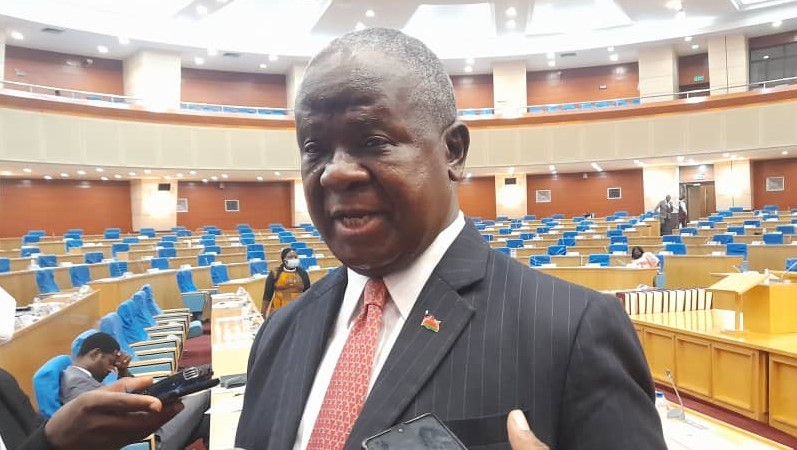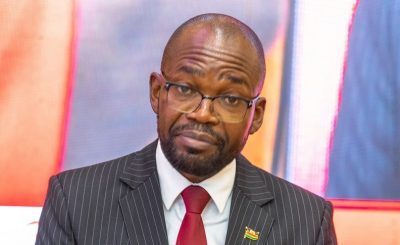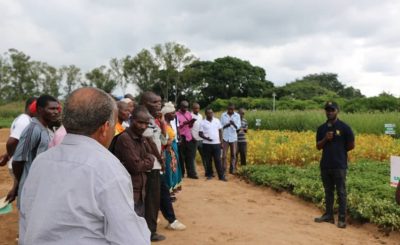Parliament has authorised government to borrow K80 billion to finance the implementation of the Malawi Education Reform Programme Project and additional financing for the Southern Africa Trade and Transport facilitation.
The development follows the adoption of two Bills which will see government improving learning environments for students in lower primary in government schools.
In an interview, Minister of Finance Felix Mlusu said the other Bill is aimed at carrying out a project which will enable the facilitation of goods and people along the north-south corridor and key border crossing in the country.
“Part of it is a loan, but the bulk of that funding which is for a total amount of K125 billion, 85 percent of that is grant so it`s just getting free money up to 85 percent,” said Mlusu.
“This money that we are getting is to help us to improve our education system in terms of the schools and the infrastructure that we require, that’s one part and the other part is for us to recruit teachers so that we can reduce the teacher-pupil-ration, which is very high at the moment.”
But reacting to the Bills, the opposition Democratic Progressive Party (DPP) through its Nsanje Lalanje lawmaker Gladys Ganda has asked government to come up with a list on how they projects will be rolled up across the country.
“There is no indication like beneficiary list, what`s the advice on how they are going to allocate those classroom blocks, so as DPP for the sake of transparency and accountability we wanted that,” said Ganda.
“After this discussion they should come with the list of all the schools that will benefit the constituencies countrywide because if we are going to have that list each and every Member of Parliament (MP) will be able to go back to their constituencies and monitor.”
Bill No. 25 of 2021: International Development Association (Additional Financing for the Southern Africa Trade and Transport Facilitation (Phase 2) Project) Loan (Authorization) has been categorized into four components.
The components include improving road infrastructure, improving social welfare, improving trade facilitation and institutional strengthening and implementation assistance.





